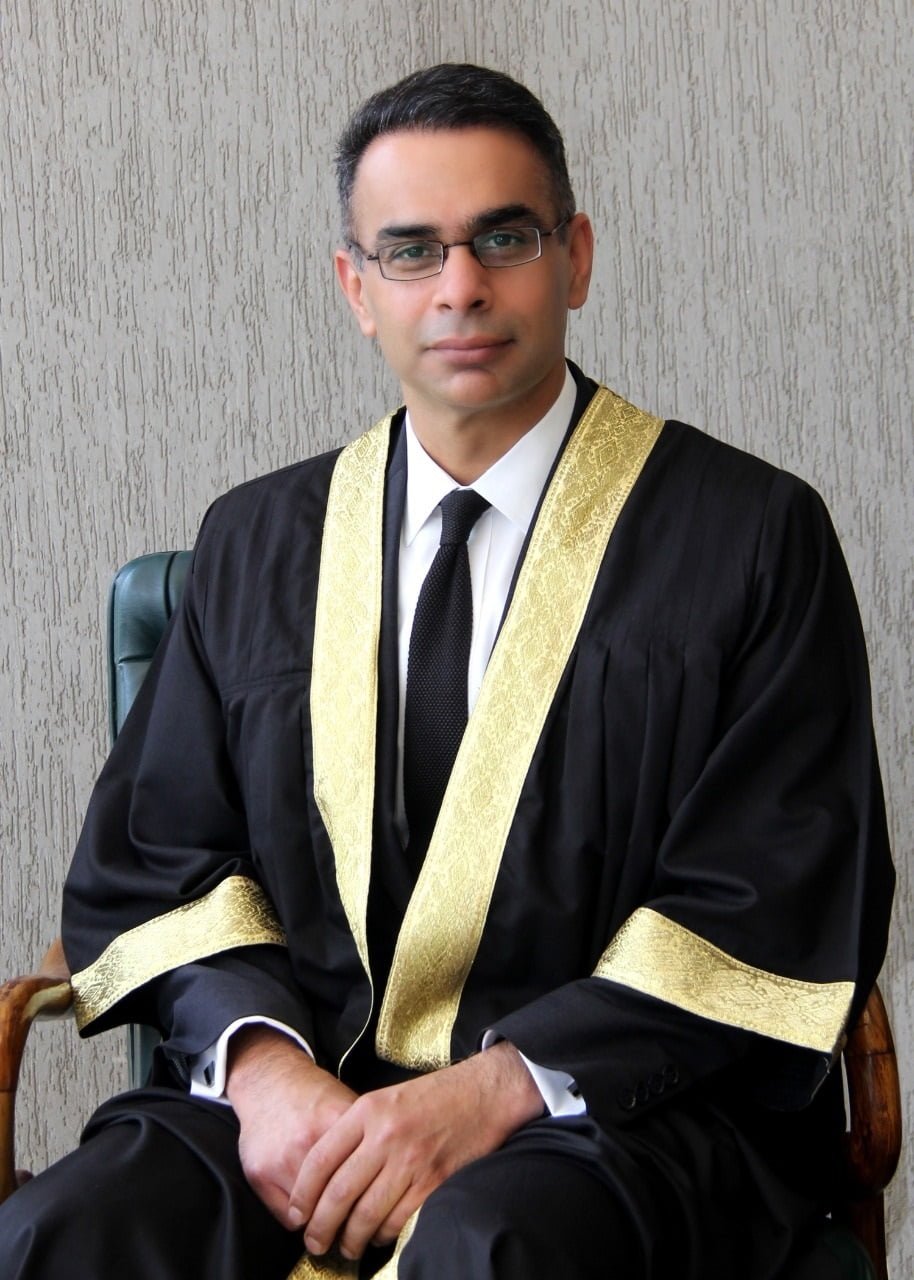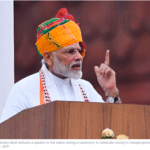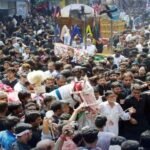The Islamabad High Court (IHC) has issued instructions to the government to put a stop to the special parliamentary body’s actions against the son of former Chief Justice Saqib Nisar. In a plea hearing filed by Najam Saqib, the IHC instructed the government to inform the court about the individuals responsible for recording the controversial audio clips.
Justice Babar Sattar, presiding over the case, made these remarks during the hearing. Advocate Latif Khosa, representing Najam Saqib, argued that the rules governing the special committee should be the same as those for the general committee.
In response, the judge stated that the concerned ministry would need to be made a party to the case. Khosa explained that there was no relevant ministry involved, but assured the court that they would comply with the request.
The primary contention of the petitioner was that the speaker and the assembly lacked the authority to investigate private matters. The focus of the petition did not challenge the matter currently pending in the Supreme Court but rather emphasized that the audio leak consisted of an alleged conversation between private individuals, making it outside the jurisdiction of Parliament.
Justice Babar Sattar posed a crucial question during the proceedings, asking, “You have also been a governor. Tell me, who records these audios?” The counsel for Najam replied, “Let the parties answer first, then everything will be clear.”
Najam Saqib’s petition, filed on Tuesday, sought the suspension of the committee’s proceedings and any punitive action. The petitioner argued that the leaked audio violated his privacy and constituted illegal surveillance, asserting that recording a private person’s personal conversation amounted to a violation of basic human rights.
The petitioner further claimed that the committee formed by the National Assembly speaker to investigate the audios was illegal. Additionally, the petitioner challenged the legality of the summons issued by the committee secretary without any meeting of the committee itself, which required Najam Saqib, his father, and two others to appear in person.
It is important to note that the IHC registrar’s office raised objections to the petition, citing the matter’s already pending status in the Supreme Court. The registrar also argued that a single petition should not encompass two different types of pleas. However, the petition challenged both the committee’s notification and the legality of audio recordings.
The special committee, established by National Assembly Speaker Raja Pervez Ashraf on May 3, aimed to investigate Najam Saqib’s audio clips. These clips allegedly featured him offering a Pakistan Tehreek-e-Insaf (PTI) ticket to a candidate of the Punjab provincial assembly, claiming his father’s involvement in obtaining the ticket.
As the case unfolds, the court proceedings will shed light on the legality of the committee’s actions, the right to privacy, and the admissibility of recorded conversations as evidence. The outcome of this case will have significant implications for the jurisdiction and oversight of parliamentary committees in private matters.














